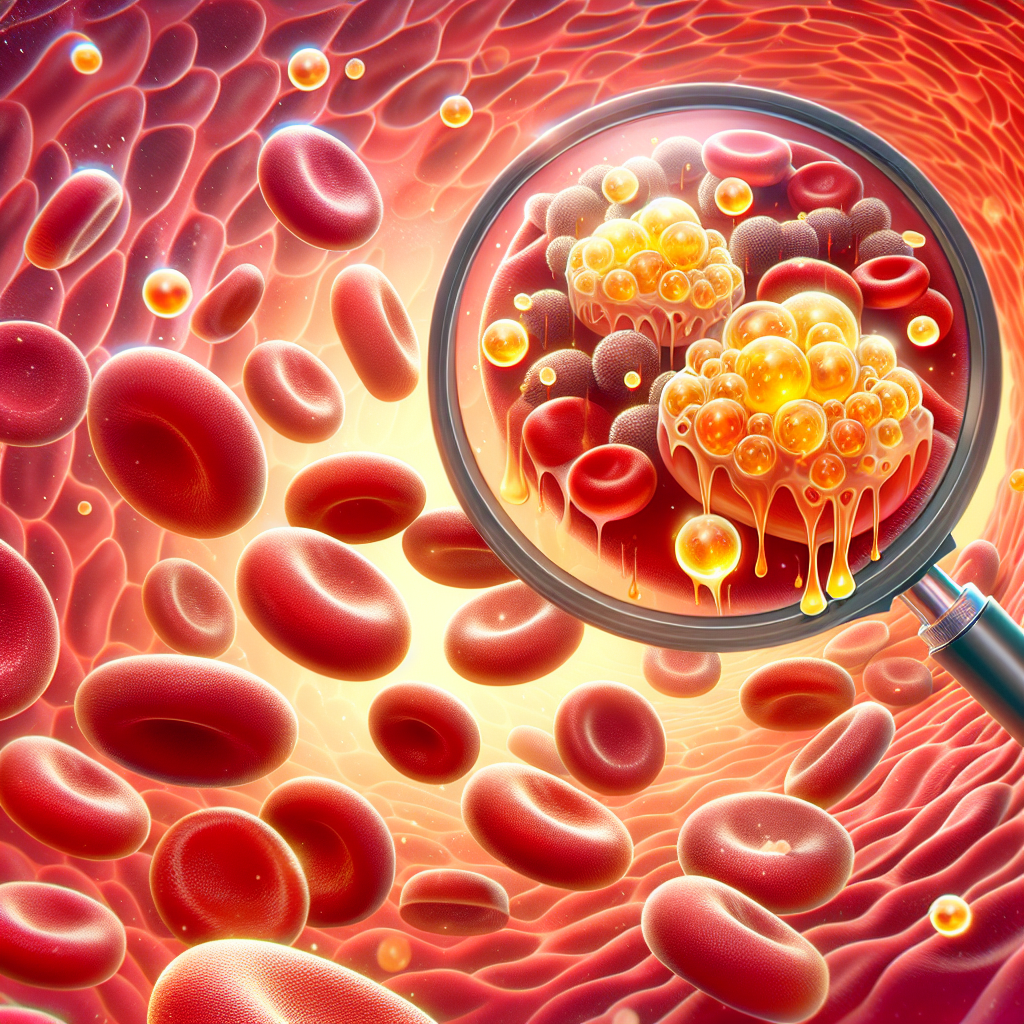Muscle Fat: A Hidden Threat to Heart Health
A new study reveals that fat stored in muscles can harm blood vessels and raise the risk of heart disease, beyond body mass index considerations. Conducted by Brigham and Women’s Hospital researchers, it emphasizes the inadequacy of current obesity metrics in accurately predicting heart disease risk.

- Country:
- India
A groundbreaking study has highlighted the dangers of fat stored in muscles, underscoring its potential to damage blood vessels and heighten the risk of heart disease independently of body mass index (BMI). Researchers at Brigham and Women's Hospital in the US found that each one percent increase in muscle fat correlates with a two percent rise in coronary microvascular dysfunction risk and a seven percent increase in serious heart disease risk.
Published in the European Heart Journal, the research challenges current obesity assessment measures, like BMI and waist circumference, as inadequate predictors of heart disease risk for all individuals. According to lead researcher Viviany Taqueti, obesity remains one of the most significant threats to cardiovascular health globally, yet BMI is criticized for being an imprecise measure of cardiovascular prognosis, especially in women.
The study involved nearly 670 participants, primarily women, evaluated for chest pain and shortness of breath at a US hospital. Using advanced imaging techniques, the study assessed fat-muscle ratios in participants, revealing intermuscular fat's link to adverse cardiovascular outcomes. Taqueti highlights the need for further research into treatments targeting muscle fat to reduce heart disease risks.
(With inputs from agencies.)










